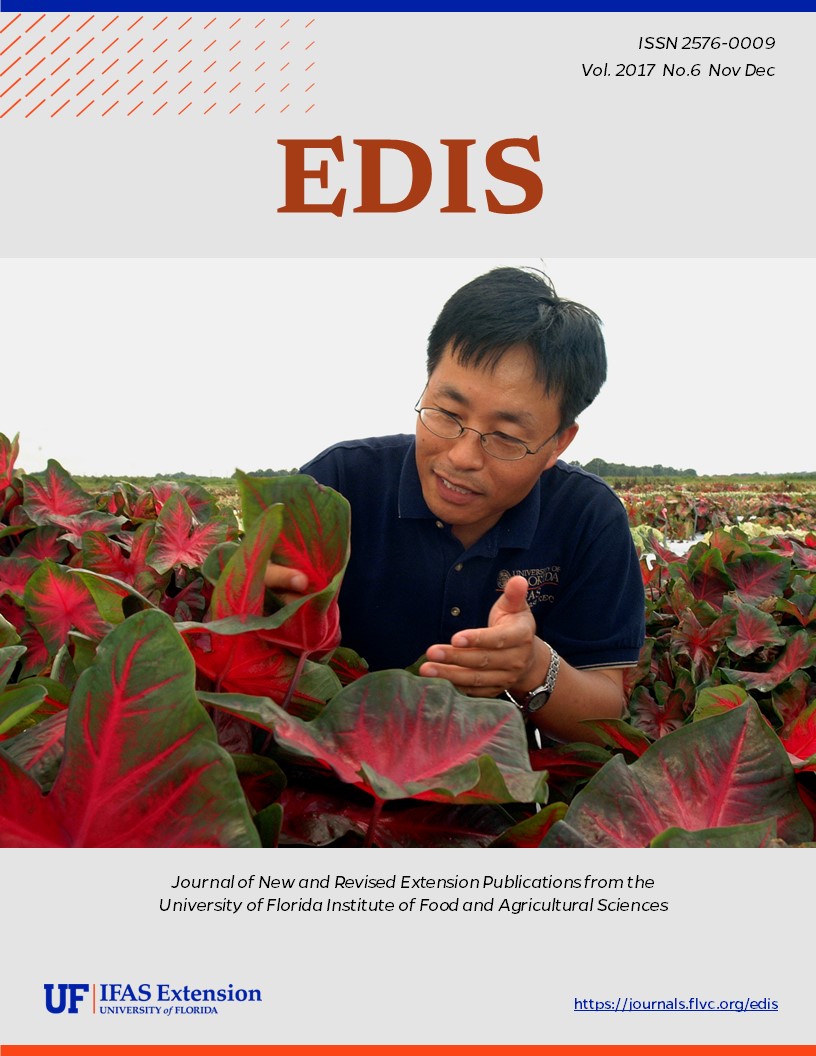Abstract
Good agricultural practices (GAPs) and good handling practices (GHPs) encompass the general procedures that growers, packers and processors of fresh fruits and vegetables should follow to ensure the safety of their product. GAPs usually deal with preharvest practices (i.e., in the field), while GHPs cover postharvest practices, including packing, storage and shipping. This factsheet covers GAPs relating to packing operation sanitation. There are seven other Florida Cooperative Extension factsheets in the ‘Food Safety on the Farm’ series that focus on specific aspects of the GAPs program and how they relate to Florida crops and practices.
Under the new Food Safety Modernization Act (FSMA), GAPs are a foundation of the Produce Safety Rule (PSR). Other than for round tomatoes in Florida (T-GAPs regulation), GAPs have mainly been a voluntary program. Additionally the PSR mandates all non-exempt operations to follow these new FSMA federal guidelines (6), but all exempt commodities and for those producers exporting to foreign countries, GAPs may still be required. Both the mandatory PSR and GAPs aim to reduce the foodborne illness burden associated with produce.
This work is licensed under a Creative Commons Attribution-NonCommercial-NoDerivs 4.0 International (CC BY-NC-ND 4.0) license.

